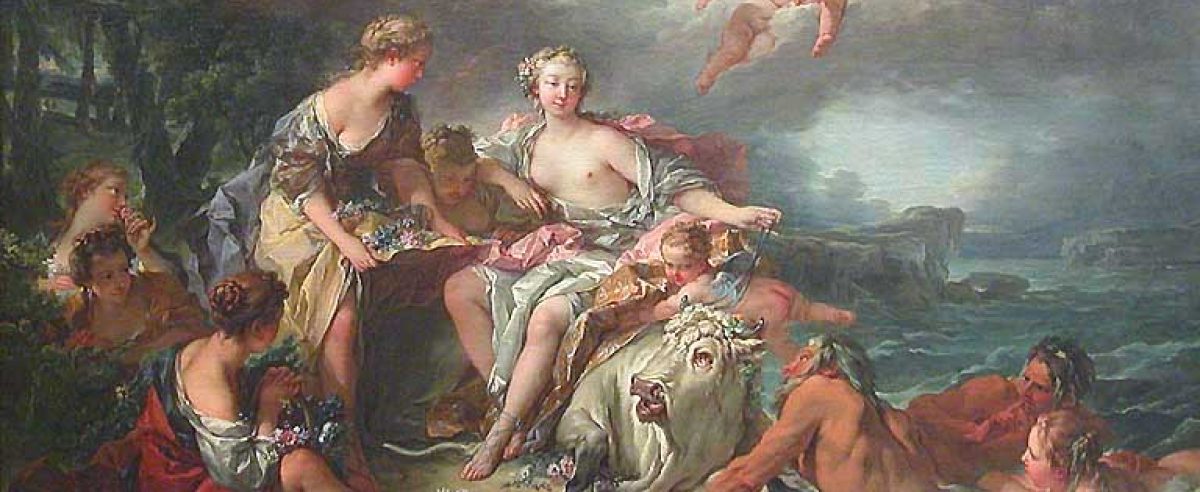ISI Books, 1999 Amazon.com
Front and Back Flaps:
 This penetrating new study of one of the twentieth century’s leading literary and social critics is the product of a lifetime of reflection. It is a discerning examination of the ideas of Irving Babbitt, founder of the intellectual movement known as the New Humanism. An early mentor of T.S. Eliot and a Harvard professor, Babbitt was also a diagnostician of the modern social order, which he believed to be in rapid retreat from a faith in first principles and first causes. He saw that Western intellectual life was drifting toward what he termed “a new dualism based on the myth of man’s natural goodness”.
This penetrating new study of one of the twentieth century’s leading literary and social critics is the product of a lifetime of reflection. It is a discerning examination of the ideas of Irving Babbitt, founder of the intellectual movement known as the New Humanism. An early mentor of T.S. Eliot and a Harvard professor, Babbitt was also a diagnostician of the modern social order, which he believed to be in rapid retreat from a faith in first principles and first causes. He saw that Western intellectual life was drifting toward what he termed “a new dualism based on the myth of man’s natural goodness”.
Babbitt’s writings were uncompromising and controversial. His ideas revolved around the ultimate problems of life, literature, and thought and were rooted in and impelled by moral concerns and imperatives. George A. Panichas writes with rare sympathy and vision, drawing the reader to a frame of reference that elucidates Babbitt’s affinities with his contemporaries, including the religious philosopher Simone Weil, with whom Babbitt shared a grounding in French literary thought, a reverence for the classical tradition, and a fascination with Asian religion and philosophy.
“Babbitt never ceased to state the case for criticism”, Panichas asserts. “Nor did he ever relent in affirming the active interdependence of, if not the parity between, the creative and the critical states of mind.” A major American critic, Babbitt stood four-square against the most insidious forces assailing modern man. Throughout The Critical Legacy of Irving Babbitt, Panichas wrestles with what such a figure represents in terms of human possibility and moral illumination. Beyond all else, this profound study and appreciation is an effort to re-introduce and re-integrate a deeply needed restorative influence and paradigm into contemporary existence.
From the Back Cover:
“Panichas places Babbitt where he belongs: at the core tradition in literary analysis-and does so without resorting to bile, guile, or clever ripostes at the expense of a giant.” Irving Louis Horowitz, author, Foundations of Political Sociology
“A penetrating study of the most influential humanist of the twentieth century.” W. Jackson Bate, Kingsley Porter University Professor, Harvard
“Irving Babbitt was a formidable scholar and moralist who stood unflinchingly against the corrosive intellectual tides of his day. In this illuminating volume, Professor George Panichas convincingly establishes why, nearly seven decades after Babbitt’s death, he remains a conservative sage, worthy of careful study and respect-the kind of respect and meditation Panichas himself here displays.” George H. Nash, author, The Conservative Intellectual Movement in America Since 1945
“This is the most authoritative and comprehensive exposition of Babbitt’s thought and character to date. Panichas writes in a style consonant with Babbitt’s own: direct, firm, rational, informed by devotion to standards and evaluation.” Stephen L. Tanner, Professor of English, Brigham Young University
“Dr. Panichas is a historian of ideas, a cultural critic and a splendid writer. It is time to turn our attention once again to Irving Babbitt and Dr. Panichas is an expert guide.” Jeffrey Hart, author, Political Writers of the Eighteenth Century
About the Author:
George A. Panichas is a moralist critic whose main concerns and many books center on the relations between literature, culture, and society. He is the author of the much applauded critical trilogy – The Reverent Discipline (1974), The Courage of Judgement (1982), and The Critic as Conservator (1992). His publications on Irving Babbitt have appeared regularly during the past twenty years, of which Irving Babbitt: Representative Writings (1981) continues to find new readers. He recently edited In Continuity: The Last Essays of Austin Warren (1996). Since 1984 he has been serving as the editor of Modern Age: A Quarterly Review. John W. Aldridge, the eminent American critic and essayist, writes of Panichas’s critical achievement as follows: “Professor Panichas is civilized, fair-minded, compassionate, disciplined, and meticulous in judgment…He sees his function to be that of a detached and impartial assessor of the moral meanings of literature, and he performs that function with admirable grace.”
JOB’s Comment:
See also my review in Humanitas, Vol. XII, No. 2, 1999.
